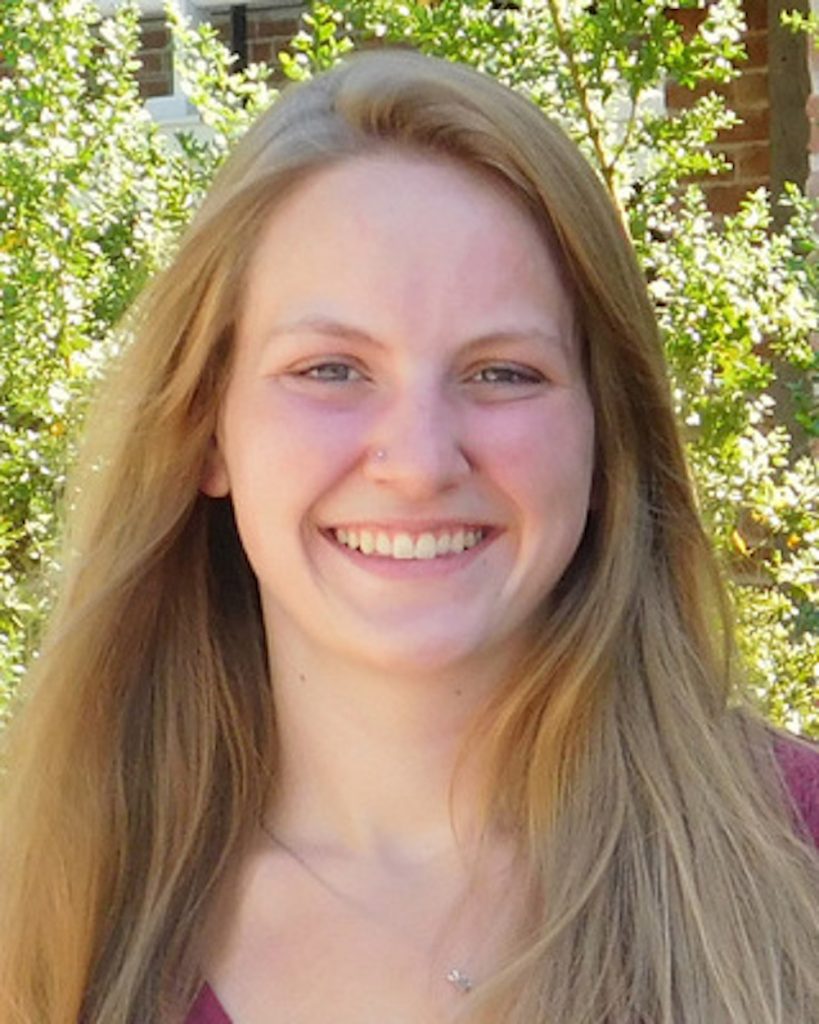CI Fellow Rebecca Faust brings expertise on human-AI interaction methods for dimension reduction to Sanghani Center work with Chris North

A 2021 Computing Innovation (CI) Fellow, postdoc Rebecca Faust, has been working with Chris North, professor in computer science and associate director at the Sanghani Center for Artificial Intelligence and Data Analytics, since January.
They are exploring how to create explanations of the effects of semantic interactions on a deep learning model through the analysis of perturbations and differences in the model after interactions.
“Through these explanations, we hope to demonstrate how models adjust when people inject prior knowledge into them through semantic interaction and validate whether the updated model adequately captures this prior knowledge,” said Faust, who earned her Ph.D. in computer science from the University of Arizona in December 2021.
Faust will also help lead Department of Defense (DoD)-funded projects on interactive analytics, funded through the Center for Space, High-Performance, and Resilient Computing (SHREC).
“Dr. North was at the top of my list,” she said. “Together, we crafted an application, including a research proposal, a fellowship plan, and a mentorship plan, and submitted it to the program.”
“Becca is well-known in the research field for her dissertation work on human-AI interaction methods for dimension reduction — helping people understand relationships in high-dimensional data,” said North. “She joins us at the Sanghani Center to lead research efforts on interactive explainable deep learning with neural networks. Ultimately, this work will enable human interactive sensemaking tasks in more complex forms of data such as collections of textual documents, images, or videos.”
Faust’s dissertation, “A Visualization First Perspective on Program Understanding,” can be accessed here.
Her long-term goal is to become a tenure-track faculty member at a major research university, where she can work to promote diversity in training up the next generation of computer scientists.
“My postdoc position at Virginia Tech will help me develop the skills necessary to succeed as a faculty member, including mentoring students, grant writing, and network building,” said Faust. “It also provides the opportunity to establish a stronger research presence and create a research plan for the coming years.”